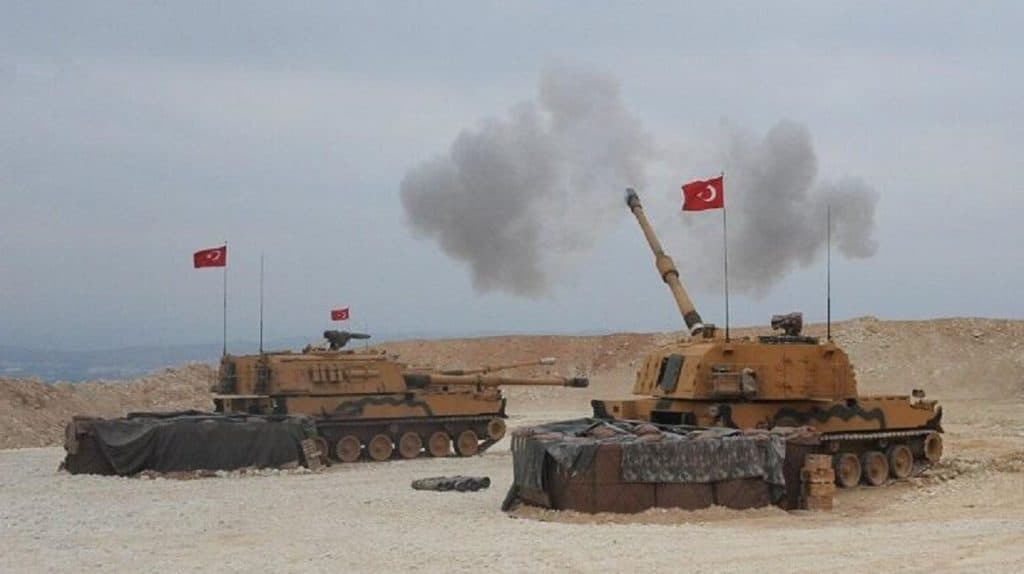By Denis Korkodinov
Syria, since 2011, is in a state of chaos. And, apparently, not one of the participants in the developing conflict, including Turkey, Russia and Iran, until recently had a clear idea of what needs to be done to normalize the situation in the country.
The problem was complicated by the fact that the Syrian conflict mixed in itself disparate groupings of forces that had mutually exclusive goals. But at the same time, Ankara, apparently, was one of the first to solve its own problems in Syria, neutralizing the Kurdish threat. Other international players have yet to make every effort in the Syrian theater of operations in order to try to achieve the expected result.
The participation of Turkey and the United States in Syria at a certain stage created the risk of a change in the regime of Bashar al-Assad, which could create grounds for an imbalance of forces in the Middle East. In addition, until a certain time, the possibilities of Moscow and Tehran to strengthen the position of official Damascus in the international arena were underestimated. As a result of this, the Russian-Iranian partnership has become a key arbiter in the Syrian theater of operations. Subsequently, Ankara was added to this partnership.
International criticism of Turkey following its recent operation, “Source of Peace”, suggests that Ankara most likely began to act on its own, regardless of either the United States or Russia.
In his official speech on the eve of the military operation, the head of the Turkish Foreign Ministry, Mevlut Cavusoglu, explained in sufficient detail the essence of the “Source of Peace” campaign. Ankara sought to create a buffer zone separating it from the Kurdish armed forces. At the same time, the problem of the Syrian refugees, whom Ankara intends to resettle in the north-east of Syria, was a huge incentive for the Turkish operation.
In addition, the seriously discussed plans for independence of the Syrian Kurdistan (Rojava) could not but cause concern from Turkey, due to which the Turkish offensive was almost inevitable.
The ceasefire regime introduced in the north-east of the SAR under pressure from US Vice President Mike Pence, who specifically flew to Ankara to negotiate with Recep Erdogan, was certainly a fiction. But, despite this, the Kurds that are part of the YPG, perfectly understood the hint that from now on their future depends on the opinions of Turkey and the White House administration, with which there is no need to quarrel.
This was a very important signal to understand why the YPG did not vigorously object to the Turkish offensive. The Kurds realized that no one in the international arena would help them. Even Russia, formally abusing Ankara for Operation Source of Peace, refused to provide protection for the YPG, believing that Kurdish self-defense units could become the second reincarnation of the Islamic State if they were granted broad rights.
Now, apparently, Turkey is gradually solving the problem of its own security, having concluded an alliance with Moscow and observing neutrality with respect to Tehran. At the same time, the voice of the threats “YPG” – “PKK” has become much quieter, from which it follows that Ankara has achieved its goal.
(The opinions expressed in this article are solely those of the author and do not necessarily reflect the views of World Geostrategic Insights)







